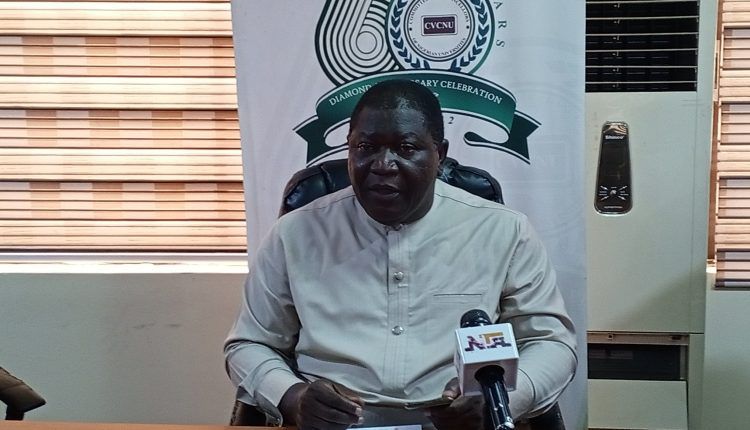
A statement released by the body noted that the agreement will foster academic exchange and knowledge transfer, especially in areas of geology and mining.
The statement noted that over 130 organisations from 42 African countries, focusing on higher education, scientific institutions, geological communities, and mining companies signed the agreement.
“The consortium aims to address challenges in the African education system, emphasising a shift from an agrarian to an industrial economic model,” the statement read.
According to the statement, Rector of St. Petersburg Mining University, Vladimir Litvinenko, highlighted the importance of technical universities focusing on priority goals and the need for a different higher education model in Africa.
The statement read, “The consortium’s mission extends to developing model laws for subsoil use management, emphasising state regulation to ensure African countries benefit more from resource exploitation.
“Prof Paul Omaji, the Vice-Chancellor Admiralty University Ibusa, Delta State Nigeria and President of the Subsoil of Africa Consortium of Higher Education Institutions, see the establishment of the consortium as a crucial mechanism for Africa’s development, accusing organisations like the World Bank of hindering progress.
“Participants expressed optimism about collaborating with Russia, highlighting its lack of colonial history and its potential for fair income distribution. The agreement also fosters academic exchanges and knowledge transfer, addressing the specific needs of African countries in fields like mineral prospecting. Alexei Demidov, Chairman of the Council of Rectors of Higher Education Institutions in St. Petersburg, emphasized the readiness of local universities to support partners in Africa.
“The Nedra consortium, a Russian counterpart focusing on education of subsoil use, expressed interest in further cooperation, signalling a potential new partnership level between Russia and Africa. The agreement reflects a shared commitment to advancing education, fostering equitable collaboration, and addressing the African continent’s economic challenges.”





